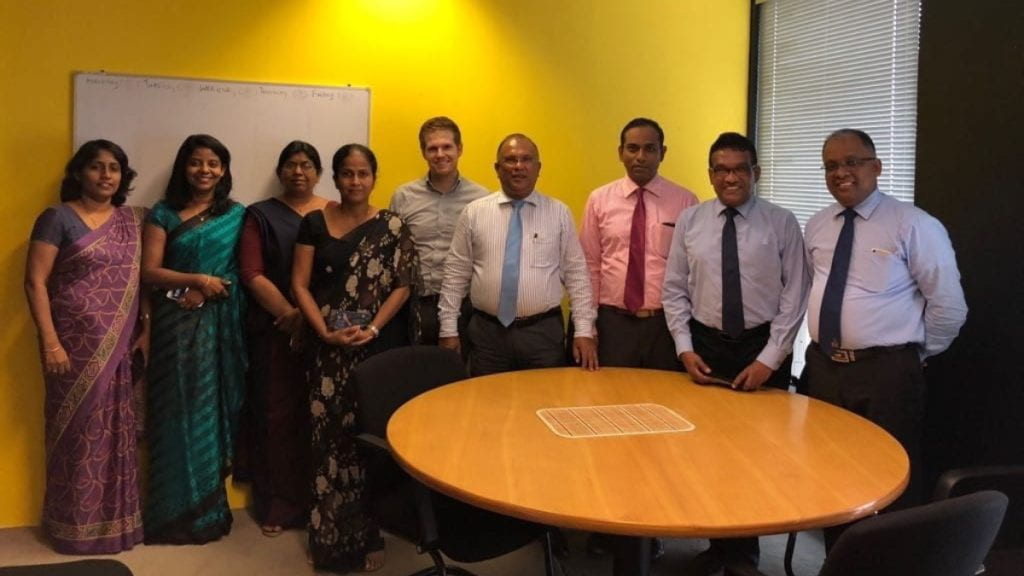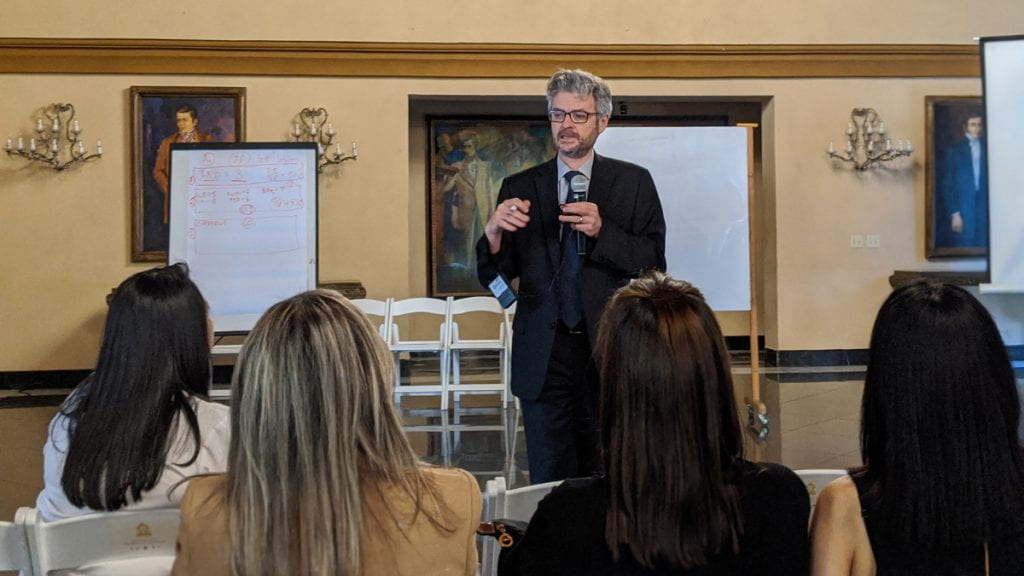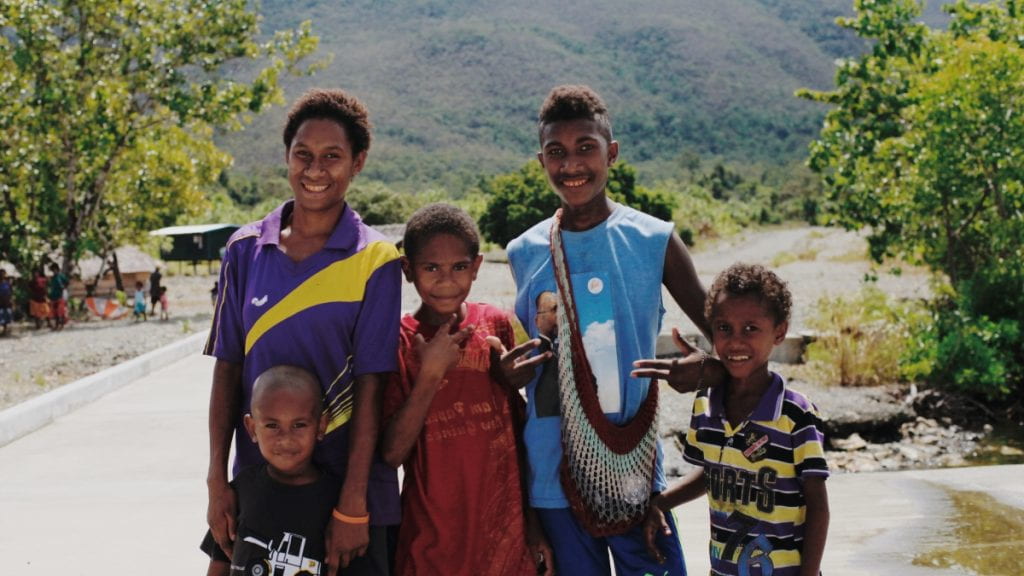Guest blog written by Priyanka Samaraweera The Land Team (L team) consisted of government officials from multiple departments in the Board of Investment, Sri Lanka. This team was formed as a continuation of the Targeting Team in Phase 2 of the PDIA Sri Lanka project. The Targeting Team identified new priority sectors to diversify the economy….Continue Reading PDIA in Sri Lanka: Evaluating Potential Sites for New Industrial Zones
PDIA in Sri Lanka: Evaluating Potential Sites for New Industrial Zones





